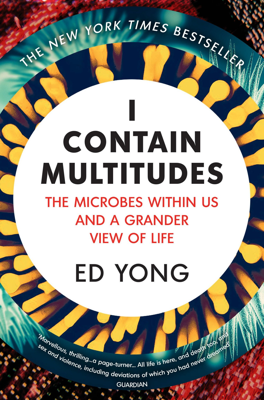Summary
In "I Contain Multitudes," Ed Yong explores the integral and often underestimated role of microbes in shaping life on Earth. Starting with the birth of microbiology through the pioneering work of Antony van Leeuwenhoek, Yong presents a narrative that reshapes our view of biology to include the significant influences of microbial life. Microbes, long perceived merely as disease carriers, are shown as crucial to the development, health, and survival of higher organisms, including humans.
Yong delves into the complex relationships between microbes and their hosts, exemplified by natural phenomena such as the symbiosis between the Hawaiian bobtail squid and its light-emitting microbial partners. This relationship, among others, demonstrates how microbes can drive the evolution and functionality of their hosts, influencing everything from animal behavior to immunity and beyond.
Human health and the broader ecological impact of microbes are recurring themes. Yong discusses the critical balance of human microbiomes and how disruptions can lead to health issues. Similarly, he explores microbial roles in broader ecological contexts like coral reefs, where microbial health directly impacts reef survival and resilience to environmental stressors.
The book also touches on the futuristic potential of microbiome research, its impact on medical science, and treatments for diseases. Yong advocates for a recognition of our microbial partners in every aspect of life and science, proposing a shift in our understanding of natural history, health, and environmental management through a microbial perspective.
Yong's work encourages an appreciation for the unheralded microbial world, urging a reconsideration of our approaches to health, science, and ecological stewardship, grounded in a deeper understanding of the microbial realms that underpin life itself.
